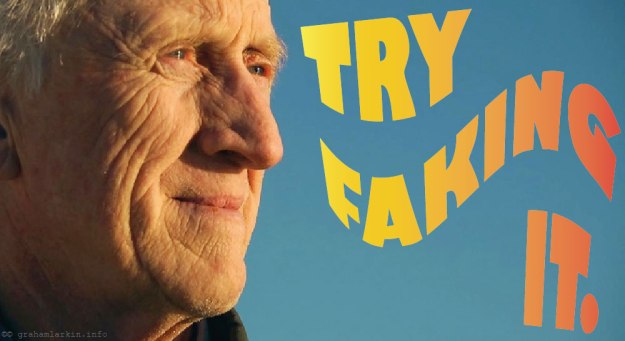I just received word that Paul Cronin, Rob Giampietro, Adam Michaels and Jeffrey T. Schnapp received a generous Graham Foundation grant for an exhibition analyzing and completing the inimitable Blueprint for Counter Education by Maurice R. Stein and Larry Miller, from which I quoted in this recent post. At the time I was writing a last-minute letter of support for the grant proposal, which I reckon it’s now safe to share with a new image and a few links. The fact that it fits 18 of my 30 subject tags indicates the project’s richness and its closeness to my heart! The Chicago-based Graham Foundation Graham Foundation for Advanced Studies in the Fine Arts is a wonderful institution that supported my first and last translation effort in the late ’90s.

Maurice R. Stein, Larry Miller & Marshall Henrichs; Blueprint for Counter Education, 1970, New York. Photo: Project Projects.
23 January 2014 Dear Sir or Madam, I am writing in support of the project Blueprint for (a Media Archeology of) Counter Education, as presented to the Graham Foundation’s “Production and Presentation” grant category by Jeffrey Schnapp, Adam Michaels and Rob Giampietro. The proposed project as a natural successor to Schnapp and Michaels’ triumphant The Electric Information Age Book (TEAIB), an experiment intimately linked to the Blueprint project in form and subject matter. The book TEAIB defines the parameters of a short-lived and largely forgotten type of publication, variously described as the kinetic paperback, the inventory book and the experimental paperback. Beginning with The Medium is the Massage—the groundbreaking 1967 book written by Marshall McLuhan, designed by Quentin Fiore and ‘produced’ by Jerome Agel—these revolutionary little books rewrite the rules of style, layout and distribution. They also declare the irrelevance of divisions between highbrow and lowbrow, art and advertising, word and image, and (most crucially) form and content. This complicated mix of moves perfectly embodies McLuhan’s observation that the medium is the message. Continue reading









.jpg)